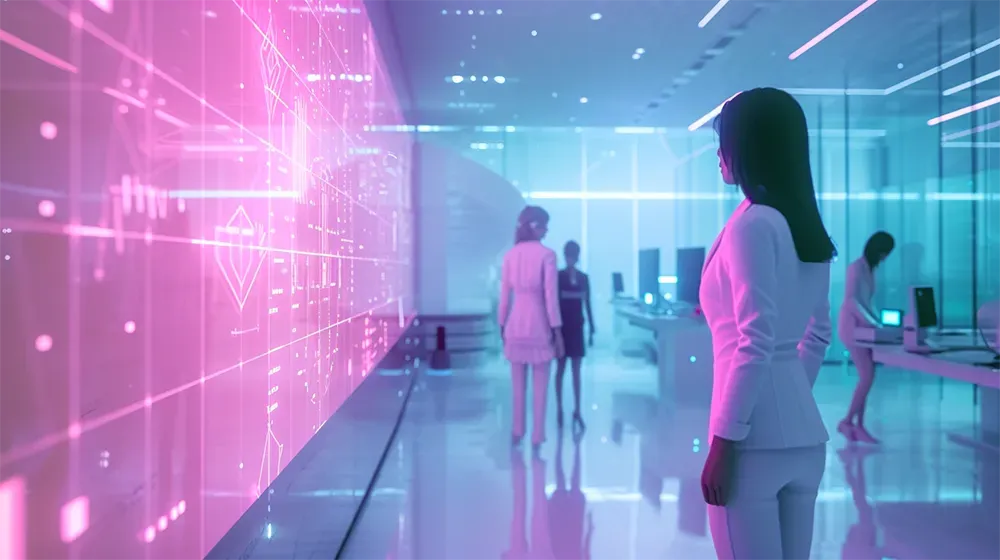AI at Work: Are Humans Still in the Driver's Seat?

The current AI-rich landscape might look like it will take all jobs, but human skills are still invaluable. Recent research shows that AI doesn't replace but rather reshapes jobs, acting more like a high-tech collaborator than a competitor.
Employees are encouraged to adopt a 'skills-first mindset', where the focus shifts from job titles to the specific tasks at hand, categorizing them based on AI's applicability. The narrative isn't about a looming robotic takeover but about identifying and nurturing skills that AI can't replicate, like strategic thinking and problem-solving.
For employers, the rise of AI translates into a shift towards skill-based hiring and talent development, blending traditional education with on-the-job training. This approach isn't just about mastering AI; it's equally about valuing and developing human-centric skills.
In the workplace of the future workplace, AI handles routine tasks, freeing humans to focus on areas requiring creativity and emotional intelligence. The research suggests a symbiotic relationship between humans and AI, where each complements the other's strengths.
In this harmonious blend of human ingenuity and AI efficiency, one must ponder: How can we best navigate this partnership to foster a workplace that's not only more productive but also more human-centric and fulfilling?
Read the full article on Wired.
----
💡 We're entering a world where intelligence is synthetic, reality is augmented, and the rules are being rewritten in front of our eyes.
Staying up-to-date in a fast-changing world is vital. That is why I have launched Futurwise; a personalized AI platform that transforms information chaos into strategic clarity. With one click, users can bookmark and summarize any article, report, or video in seconds, tailored to their tone, interests, and language. Visit Futurwise.com to get started for free!






